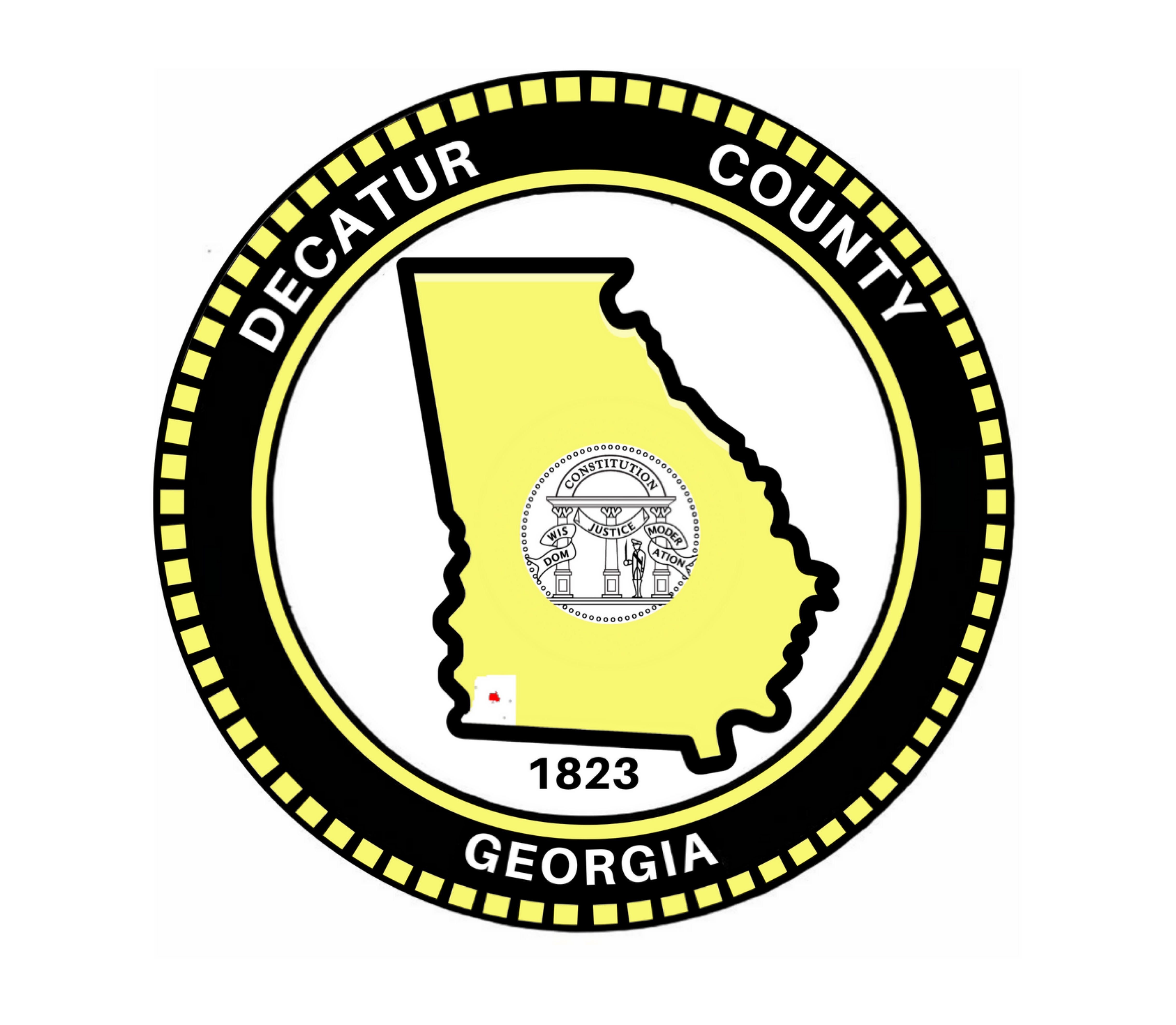County may go to bat for flood victims
Published 5:48 pm Friday, July 15, 2011
County officials will let the owners of 10 flood-damaged properties decide whether or not to appeal a state agency’s decision that would essentially cap what would be paid for the properties in a buyout program.
At their Tuesday morning meeting, Decatur County Commissioners were slated to vote between two options that had been presented by the Georgia Emergency Management Agency concerning determination of the homes’ final value. But in the end, they tabled the matter until county officials could confer with the affected homeowners.
Local appraiser Starla Penela, who appraised a few of the homes in the buyout program, urged commissioners Tuesday to oppose what she called “a bullying letter” sent by state officials.
A long process
County officials have been working on Federal Emergency Management Agency’s hazard mitigation buyout program for approximately two years.
County officials took up the task of organizing and administering the program on behalf of residents who had experienced repeated flooding of their properties.
To be eligible for the program, properties had to have been damaged by three separate flood events in the past. Sixteen properties damaged by the heavy rainfall and associated flooding of April 2009 qualified for the program. Two property owners dropped out of the program, while four others have already been bought and demolished.
The purpose of the buyout program is to create greenspace and prevent future flood damages to same at the sites. Property owners would be paid a portion of their homes’ values, with most of the cost being paid for by the federal government and a small portion coming from county government.
In April 2010, commissioners had the choice of setting the properties’ values based on those on record with the Tax Assessors’ Office, or choose to determine their values through an independent assessment. County commissioners voted unanimously to have the independent appraisals done based on a belief that it would be more fair to the property owners.
Moseley: options “not very palatable”
In a June 29 letter, GEMA Hazard Mitigation Division Director Terry K. Lunn cited “concerns about the significant increase of the appraised value above tax card value for ten of the properties approved for acquisition through the Hazard Mitigation Grant Program.”
“The State contracted with a State certified general appraiser to complete a desk review of three of the appraisals that had the highest percentage above the tax digest. The State’s review appraiser has found all three of the original appraisals provided by the property owners as not acceptable.”
Lunn offered two options to county officials: 1) the county conducts new appraisals on the remaining 10 properties to be acquired and the state’s review appraiser will complete a desk review and make final determination of value. 2) The State completes the desk review of the remaining seven appraisals and makes final determination of market value on all 10 properties.
County Attorney Brown Moseley said county officials were in agreement with Penela’s statement that “the two options were not very palatable.”
Finding fault with the review
Citing her belief that the state “appears to be running out of money” for distribution in the buyout program, which was also extended to other flood-affected areas across the state, Penela had suggested a means of prioritizing which properties should be acquired based on the extent of their damage. However, Moseley said his belief was that either all 16 properties qualified for the program or they didn’t. However, he conceded he wasn’t sure how the county could fight GEMA’s ruling.
Penela, who said she had done two of the appraisals rejected by GEMA, said she had several issues with the state’s desk review of the flooded properties’ appraisals. She said the simple fact the state’s review appraiser did not visit Decatur County could have hindered understanding of where the properties were situated, as well as make him overlook comparison properties Penela had included to help indicate true market value.
Penela also cited numerous technical criticisms in the desk reviewer’s report that she personally believed were not in line with standard appraisal procedures. She said she was eager to defend her original appraisals, which had been reviewed by a separate local appraiser.
Going forward
In the absence of a third option, county officials are facing two important deadlines related to the flood buyout program. First, is the July 15, 2011, deadline set by Lunn for the county to choose between the two options in the letter.
Whether the county chose to conduct new appraisals (Option 1) or challenge the state’s review process, it could take several more months for the remaining buyouts to be conducted. That makes county officials slightly nervous because the federal law setting up this specific buyout program expires in September 2012.
Of course, the homeowners eligible for the buyout could choose to let the state make a final determination of their properties’ market value without any more appraisals. However, that could mean having to accept a considerably lower amount than the appraised value.
County Administrator Tom Patton said Lunn said there will be an appeal process for homeowners to contest the final market value, with the county acting as a proxy.
Patton said he hoped GEMA would “do the right thing” and hire a different review appraiser than the one who did the previous desk review.
“I don’t understand why they can’t do an on-site appraisal,” Patton said.
Penela agreed.
“The purpose of a review is not to come up with a new appraised value,” she said. “A review is to see whether the original appraiser did their job as an appraiser.”





